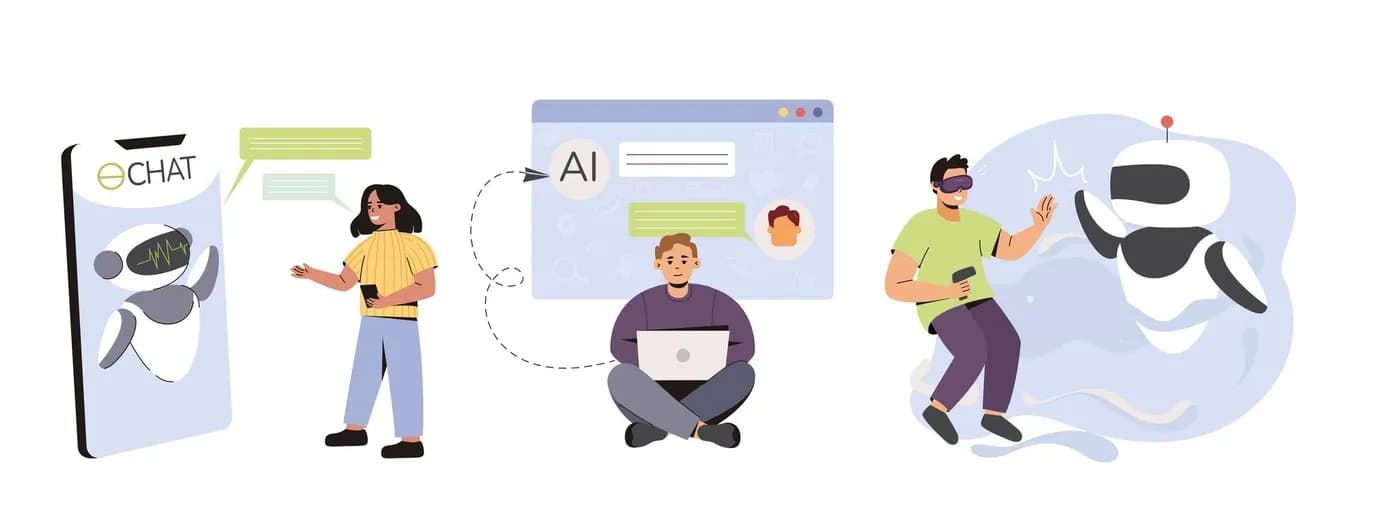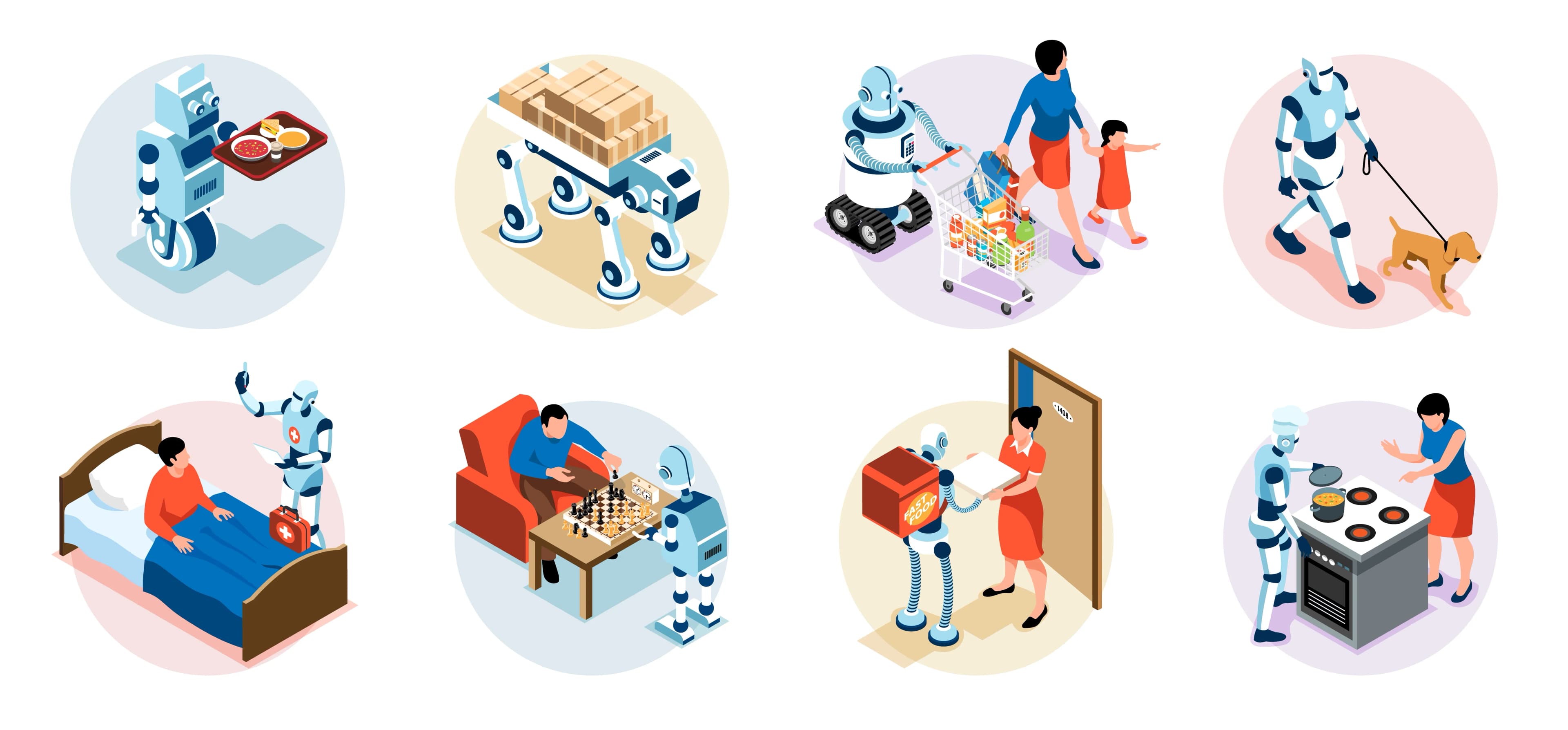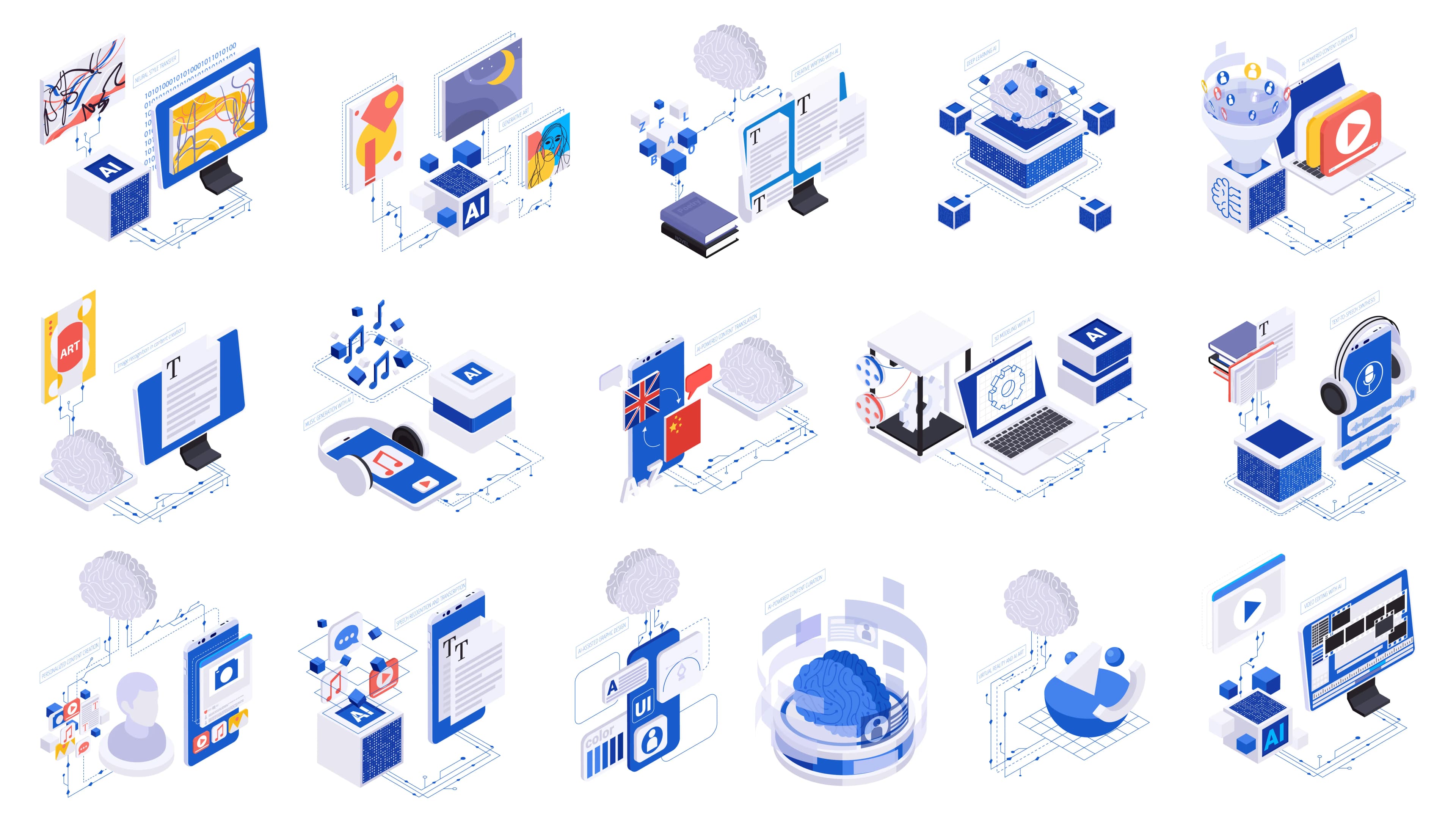
Artificial Intelligence is rapidly transforming the landscape of technology and society, from healthcare and education to finance and entertainment. However, the integration of AI into various facets of life also raises significant ethical and safety concerns. In this three-part series, we’ll explore these issues in detail. Part 1 covers bias and privacy.
11. Psychological Impacts of Human-AI Interaction
As AI becomes more integrated into daily life, understanding the social and psychological impacts of human-AI interaction is important. AI companions, virtual assistants, and AI-driven social media can affect mental health, social behavior, and human relationships. Ensuring that these interactions are positive and do not lead to social isolation or mental health issues is a significant concern.

12. AI Replacing Jobs
AI’s ability to automate tasks poses a threat to employment in various sectors. While AI can enhance productivity and efficiency, it can also displace workers, leading to economic and social challenges. Providing retraining programs and support for those affected by automation is essential to ensure that the benefits of AI are shared equitably.

13. AI Art and Writing: Intellectual Property Issues
AI-generated art and writing are becoming more common and increasingly sophisticated, but they raise questions about intellectual property. When AI systems create works based on existing data, the issue of copyright infringement arises. Clear guidelines and regulations are needed to determine the ownership of AI-generated content and ensure that creators are fairly compensated for their referenced work.
14. AI in the Entertainment Industry: Consent and Compensation
AI-generated likenesses of actors, musicians, and voice actors are raising significant ethical and intellectual property concerns. When AI recreates their likenesses, voices, or performances, issues of consent and fair compensation arise. Clear guidelines and regulations are needed to ensure these artists have control over their digital likenesses and receive fair compensation for their use in AI-generated content.

15. Misinformation and Deepfakes
AI technologies can be used to create highly realistic fake content, known as deepfakes, which can spread misinformation and manipulate public opinion. Addressing the ethical implications of deepfakes and developing technologies to detect and counteract them are essential to protect the integrity of information and public discourse.
Conclusion
By understanding and addressing these ethical and safety concerns, we can ensure that AI and ML technologies are developed and used responsibly, benefiting society as a whole while minimizing risks.
Thanks for reading! | Nathalie Meremikwu